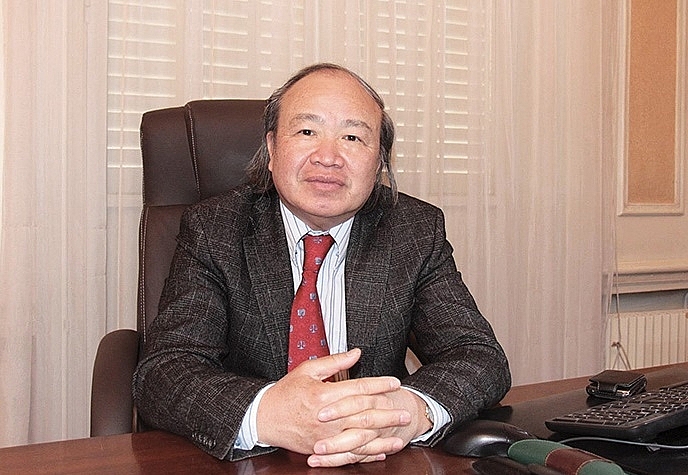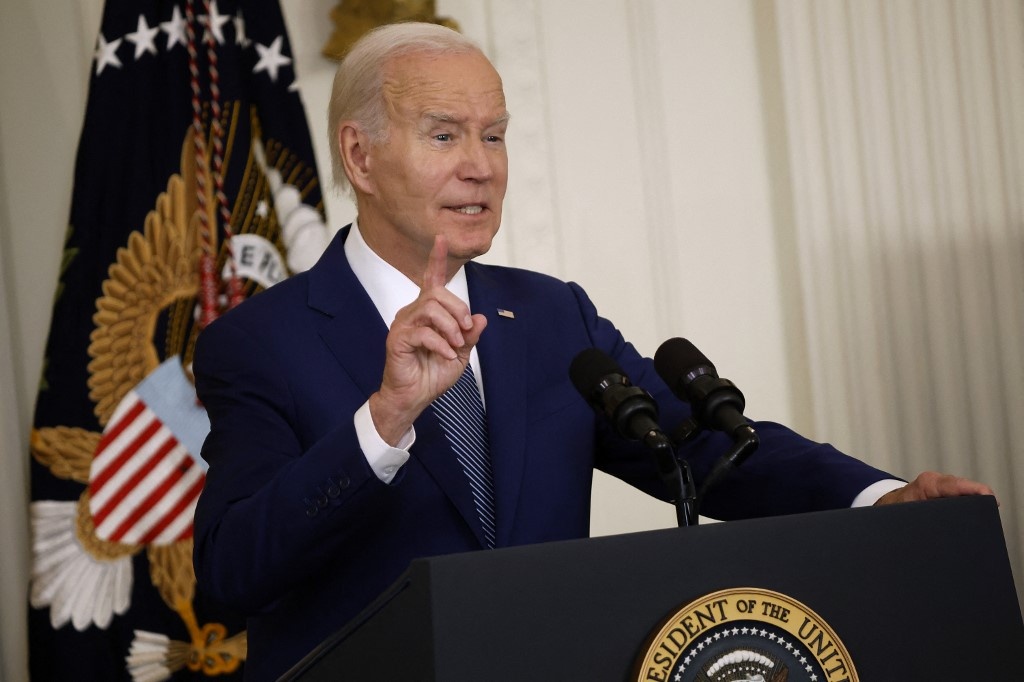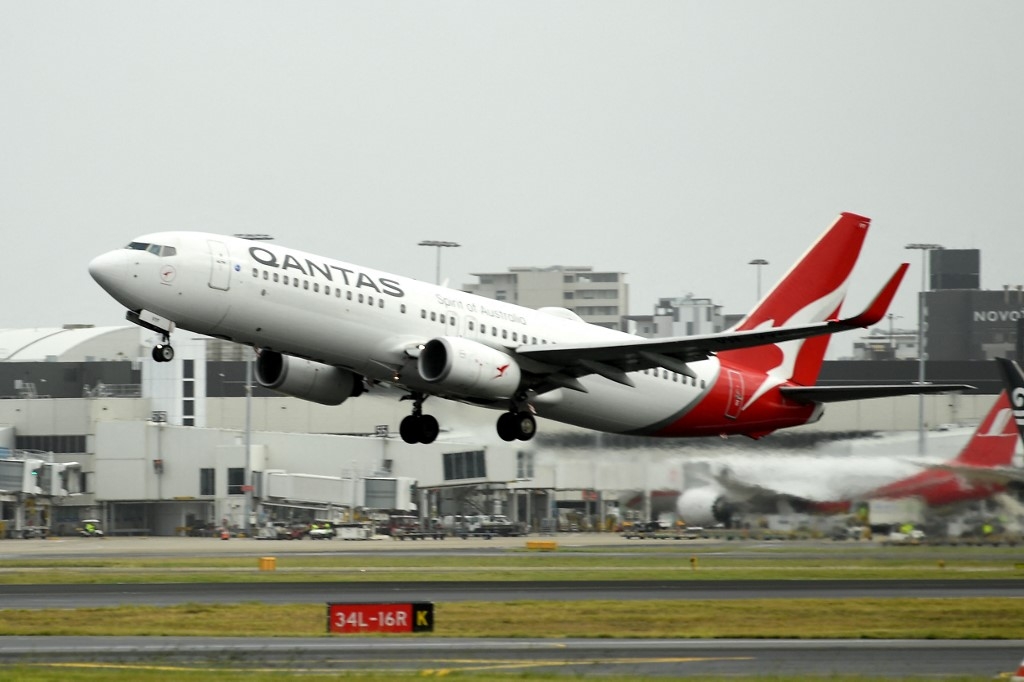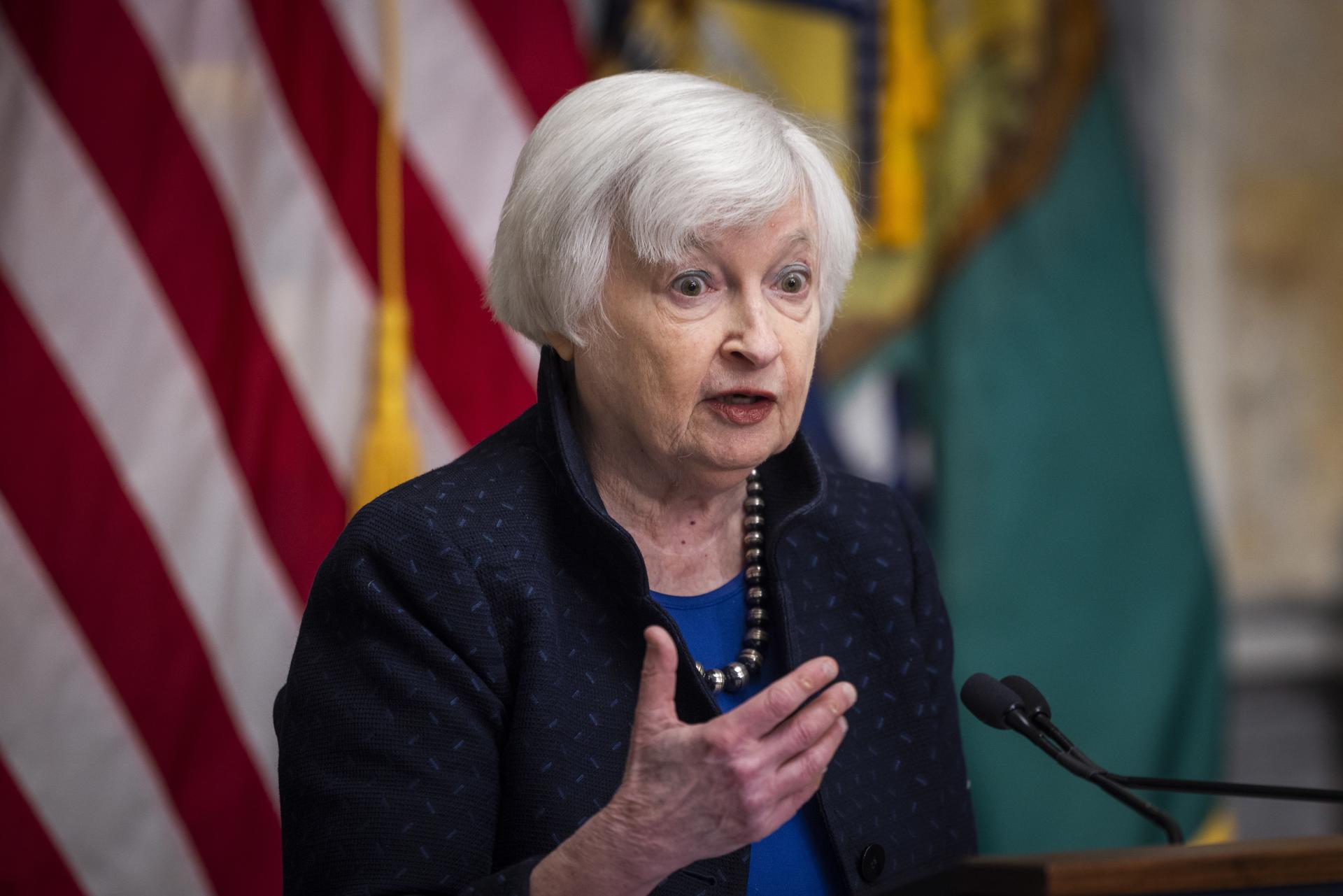Emphasising the role of holistic efforts
Vietnam is honoured to assume the chairmanship of the United Nations Security Council (UNSC) for the second time during our two-year term. As this is the first time I address the council in this new capacity, I wish to reaffirm Vietnam’s unwavering commitment to multilateralism, the United Nations Charter and international law, and to the centrality of the United Nations in the maintenance of international peace and security and its coordination of joint efforts to address global challenges.
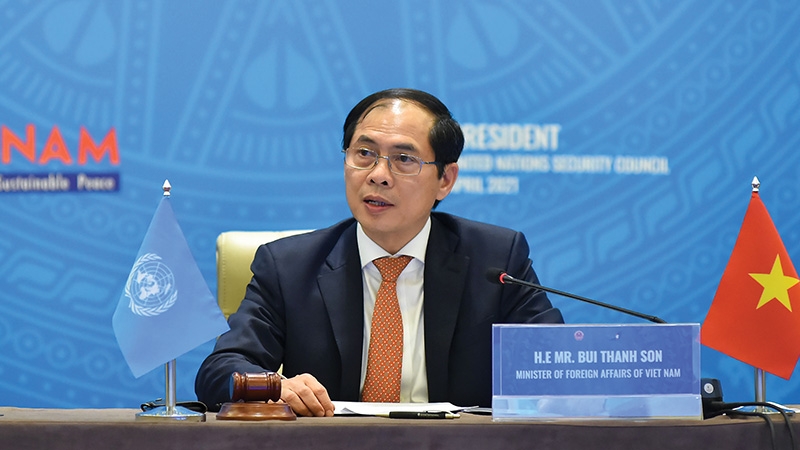
Vietnam has been and will continue to be a reliable friend and partner, an active and responsible member of the United Nations and the international community.
Every year, landmines, explosive remnants of war, and improvised explosive devices claim nearly 10,000 casualties, mostly civilians and children in conflict areas such as Afghanistan, Libya, and Yemen, but also alarmingly in places like Cambodia, Laos, and Vietnam, where wars ended decades ago.
It is a stark reminder that the wounds cut deep in the aftermath of wars and create long-lasting, destabilising effects to post-conflict peacebuilding and sustainable peace. It reminds us that peace cannot be sustained if the legacy of wars is not addressed.
Indeed, the international community has come together to address this challenge. Actions taken by member states, the United Nations system, particularly the United Nations Mine Action Services, international organisations, non-governmental organisations (NGOs), and other stakeholders have proven critical in mitigating dangers and addressing multiple challenges caused by explosive remnants of war.
The Security Council, with the adoption of its landmark Resolution 2365 on mine action in 2017, has also stressed the importance of ensuring that peacekeeping operations are equipped, informed, and trained to reduce such threats. All efforts have contributed meaningfully to post-conflict reconstruction and reconciliation efforts. However, much remains to be done. The greatest challenge, as always, is a matter of political will. Regrettably, mine action has not been accorded the level and span of attention it deserves. The contaminated areas are vast and the number of victims in need of assistance is overwhelming. The resources allocated are dwarfed by the complexity and magnitude of the problem.
Decades of wars in Vietnam have caused untold sorrow and left destructive, lingering effects. To this day, almost one-fifth of Vietnam’s land areas are still contaminated by unexploded ordnances. Clearance efforts, if continued at the current speed and resources, will take another hundred years to complete, seriously hindering our sustainable development.
Clearance must also be complemented by victim assistance, awareness-raising, and risk education at all levels, and importantly, the creation of sustainable livelihoods so that the fruits of peace are durable and meaningful. Mine action, after all, is about protecting and caring for our people and our communities, especially the most vulnerable.
This holistic approach we take involves all stakeholders. Leading the efforts are our experienced and competent military engineers, effectively supported by national and international partners.
Cooperation in mine clearance, including between former foes, like Vietnam and the US, has proven valuable in healing the wounds of war.
At the international level, mine action requires a whole-of-system, coherent, and long-term approach. Stronger partnerships are vital for better delivery and sustainable results. This means enhanced support and increased resources to all stakeholders, from national governments and regional organisations, like the ASEAN Regional Mine Action Centre, to NGOs, and those working on the ground. Adequate and regular financing, technological assistance to help clearance and decontamination, capacity building, knowledge, and experience sharing to those affected must be stepped up.
Finally, the United Nations and especially the Security Council should build on the Resolution 2365 and expand efforts to ensure the safety of its peacekeepers, protect civilians, and sustain peace. The council should mainstream mine action in its relevant agenda items and country-specific discussions.
Sustaining peace is hard, and even harder when we work alone. Vietnam has repeatedly called for an inclusive approach transpiring all parts of the peace spectrum and involving all stakeholders. Peace can only be sustained when a comprehensive and holistic approach is adopted. In this regard, as a key initiative during our chairmanship of the council, the president of Vietnam will convene a high-level open debate on enhancing measures for conflict prevention and resolution on April 19. We will spare no effort to forge a stronger partnership for sustainable peace.

